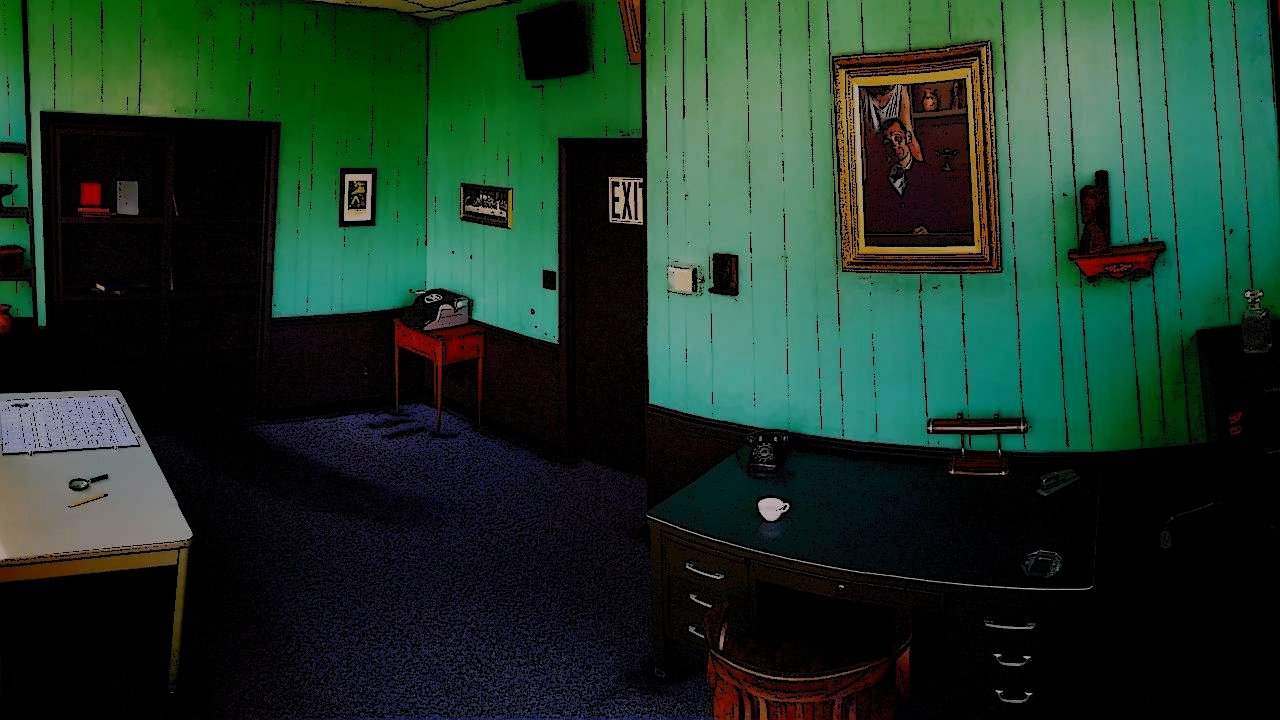Explore Why Escape Rooms Are Enjoyable and Offer an Unique Means to Bond With Friends and Family Members
Escape rooms have arised as an exciting form of home entertainment, using a mix of immersive narration and psychological stimulation that is both challenging and satisfying. What exactly sets escape spaces apart as a bonding experience?

Immersive Storytelling
While the principle of escape areas may at first appear straightforward, it is the immersive narration that truly sets them apart. These experiences are diligently developed to deliver participants into an additional globe, weaving compelling stories that engage and mesmerize. From the minute players enter the area, they are enveloped in a thoroughly crafted ambience, complete with elaborate details, audio results, and thematic elements that serve to improve the storyline.
Each getaway room includes an unique story, usually involving a mission or secret that participants must address within an established timeframe. The storyline is not merely a backdrop however is important to the experience, affecting the layout of problems and the layout of the room. This narrative-driven method guarantees that every aspect, from the hints to the decoration, adds to the unraveling tale, developing an immersive and natural setting.
Additionally, the use of advanced technology and interactive features further deepens the immersive experience. Digital interfaces, augmented fact, and sensory results can make the tale come to life, allowing individuals to really feel as though they are genuinely part of the unfolding dramatization. This immersion cultivates a sense of excitement and urgency, boosting the general pleasure of escape areas.
Psychological Stimulation
Involving in retreat spaces offers individuals a special form of psychological excitement that challenges cognitive capacities in diverse and stimulating means. These immersive experiences need individuals to address complex puzzles, decode codes, and believe critically under time restraints. This atmosphere fosters boosted problem-solving abilities, as participants have to navigate a collection of complex obstacles that need sensible reasoning and creativity.
Retreat rooms frequently include a variety of problem types, from mathematical formulas to etymological riddles and spatial recognition tasks. This range ensures that different cognitive features are engaged, supplying a comprehensive mental exercise. For instance, fixing a cipher may hone logical abilities, while a physical puzzle may boost hand-eye sychronisation and spatial thinking. The necessity to move in between various types of believing maintains the mind agile and engaged.
Additionally, the time-sensitive nature of retreat spaces includes a component of stress that enhances cognitive performance. Individuals are motivated to believe quickly and successfully, enhancing their ability to process details and make decisions rapidly. This elevated state of psychological task can cause increased focus and sharper cognitive abilities, making escape areas not just an enjoyable diversion yet additionally a valuable workout for the mind.
Synergy and Participation
Remarkable Experiences
Frequently, among the most engaging aspects of getaway areas is the creation of remarkable experiences that linger long after the video game has actually concluded. The immersive nature of retreat rooms, Read Full Article with their complex problems and engaging stories, gives participants with a sense of accomplishment and friendship that is tough to replicate in various other social tasks. These experiences become treasured memories, usually recounted with interest and fond memories.
The joint effort needed to fix the challenges fosters a special feeling of unity amongst participants. Friends and relative are offered the possibility to interact in a high-pressure, yet fun environment, enhancing bonds and improving communication skills (escape room orlando fl). The common triumphes and also the periodic failings add to a cumulative feeling of success and joy
Moreover, the thematic diversity of escape rooms guarantees that each experience stands out. Whether navigating a haunted mansion or analyzing hints in a spy-themed setting, the range keeps the excitement fresh and the memories vivid. This variety not only deals with various passions yet likewise makes sure that each see to a getaway room is a distinct adventure.
In significance, retreat areas use extraordinary experiences that develop long-term connections and give stories to be cherished for many years to come.
Conclusion
Getaway rooms provide a distinct avenue for bonding with their immersive storytelling, psychological stimulation, and dependence on teamwork and participation. These elements collectively create an exhilarating environment that tests participants, cultivating cognitive growth and reinforcing partnerships. The adventure of getting over complicated problems together leads to remarkable experiences and a profound feeling of success. Getaway spaces emerge as a one-of-a-kind and enjoyable activity, combining home entertainment with the advancement of necessary social and cognitive abilities.

Structure on the structure of synergy and collaboration, the adventure of the challenge in getaway areas offers individuals an exciting experience that tests their analytic capacities and mental acuity - escape room orlando fl.Additionally, the thoroughly crafted complexity of retreat rooms makes certain that no two experiences are alike.Commonly, one of the most engaging facets of escape areas is the production of unforgettable experiences that remain long after the video game has concluded.Moreover, the thematic diversity of escape rooms makes sure that each experience is distinct